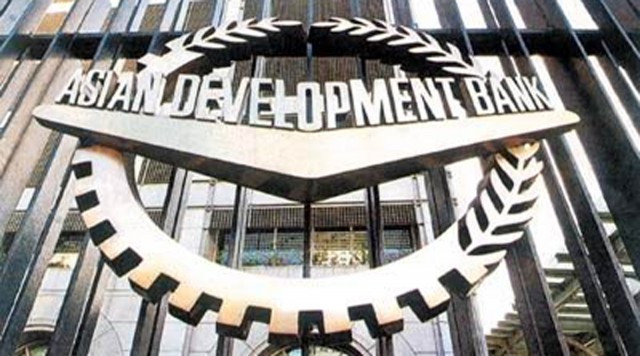ADB report on economy
Things are not as bad as ADB report projects them to be & it should be looked at in comparison with other indicators.

The ADB feels that with the worsening balance of payments position, any chances of a recovery are weak at best. PHOT: FILE
It has based this analysis on a number of factors and statistics. According to the ADB, inflation has continued and continues to rise over the past five years, investment inflows have continued to fall, the previous government failed to show any direction in its economic policies and decisions, and the interim government has also failed to show the required initiative in taking effective decisions.
The ADB feels that with the worsening balance of payments position, any chances of a recovery are weak at best.
This is an extreme assessment and while many of its contentions are true, they are also a little unfair. For example, its assessment that the previous government has failed to come up with a solid economic plan or show any direction in its policies is true.
Its assessment that the caretaker set-up has also failed to pick up the pieces is right, but its expectation from the caretaker government is not entirely accurate. The caretaker set-up has come in primarily with the mandate to conduct free and fair elections. Any direction that the economy needs or gets will be dependent on the policies of the incoming government.
A look at the statistics that the ADB mentions — it talks about inflation, for example, and says that it has continued to rise over the past few years — shows that it is not entirely accurate. Inflation did hit highs during the previous government’s tenure but, over the past two years, it has been more or less under control and core inflation, which is based on categories that the number cannot manipulate, has also fallen. It is still on the higher side at a little over nine per cent, but is expected to stabilise this year if not actually fall a bit.
Meanwhile, according to sources, the IMF, in a similar and recent report, has actually said the state of the economy is not half bad. Things then are not as bad as the ADB report projects them to be, and the report should be looked at in comparison with other available indicators.
Published in The Express Tribune, April 14th, 2013.



















COMMENTS
Comments are moderated and generally will be posted if they are on-topic and not abusive.
For more information, please see our Comments FAQ